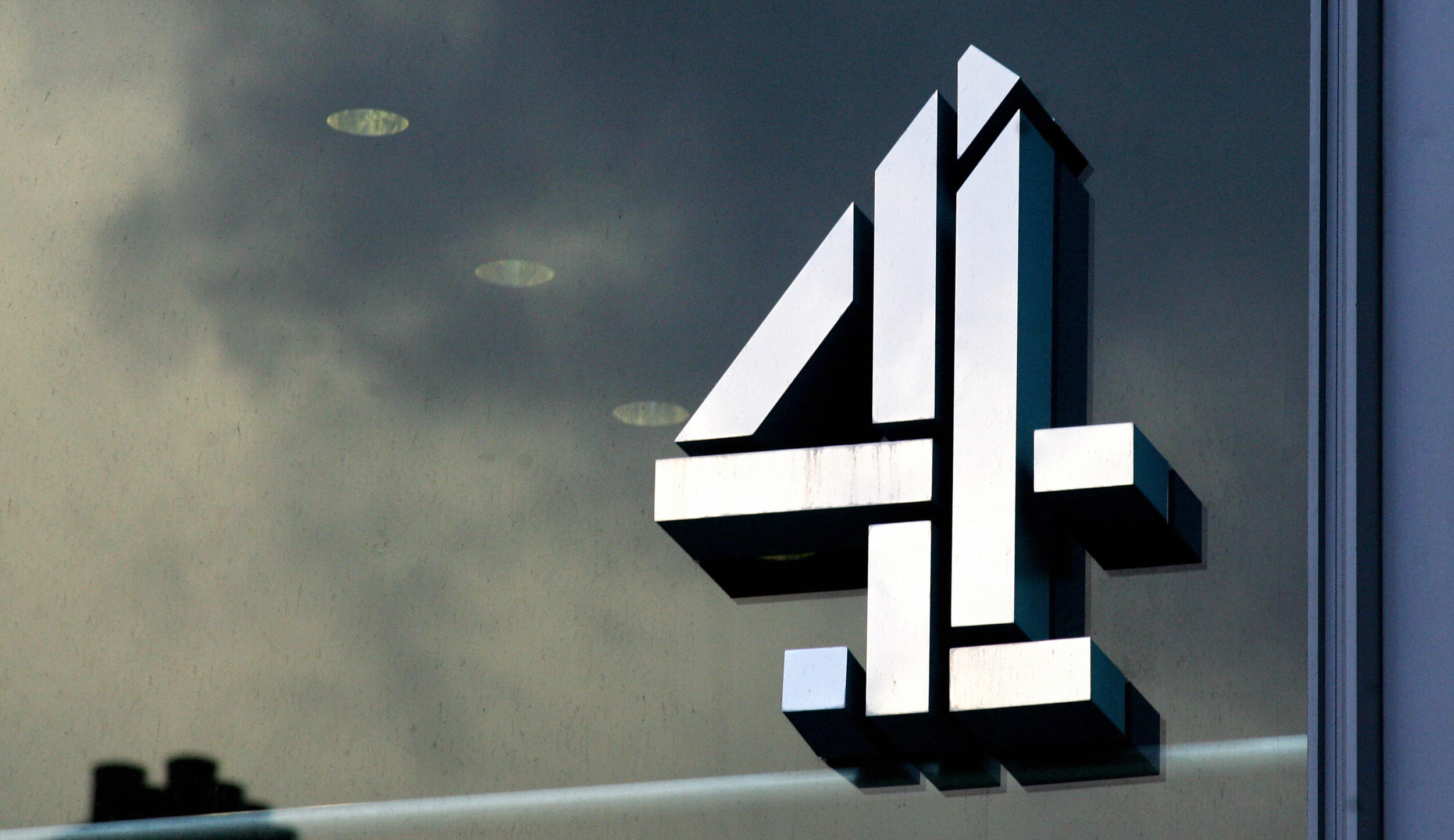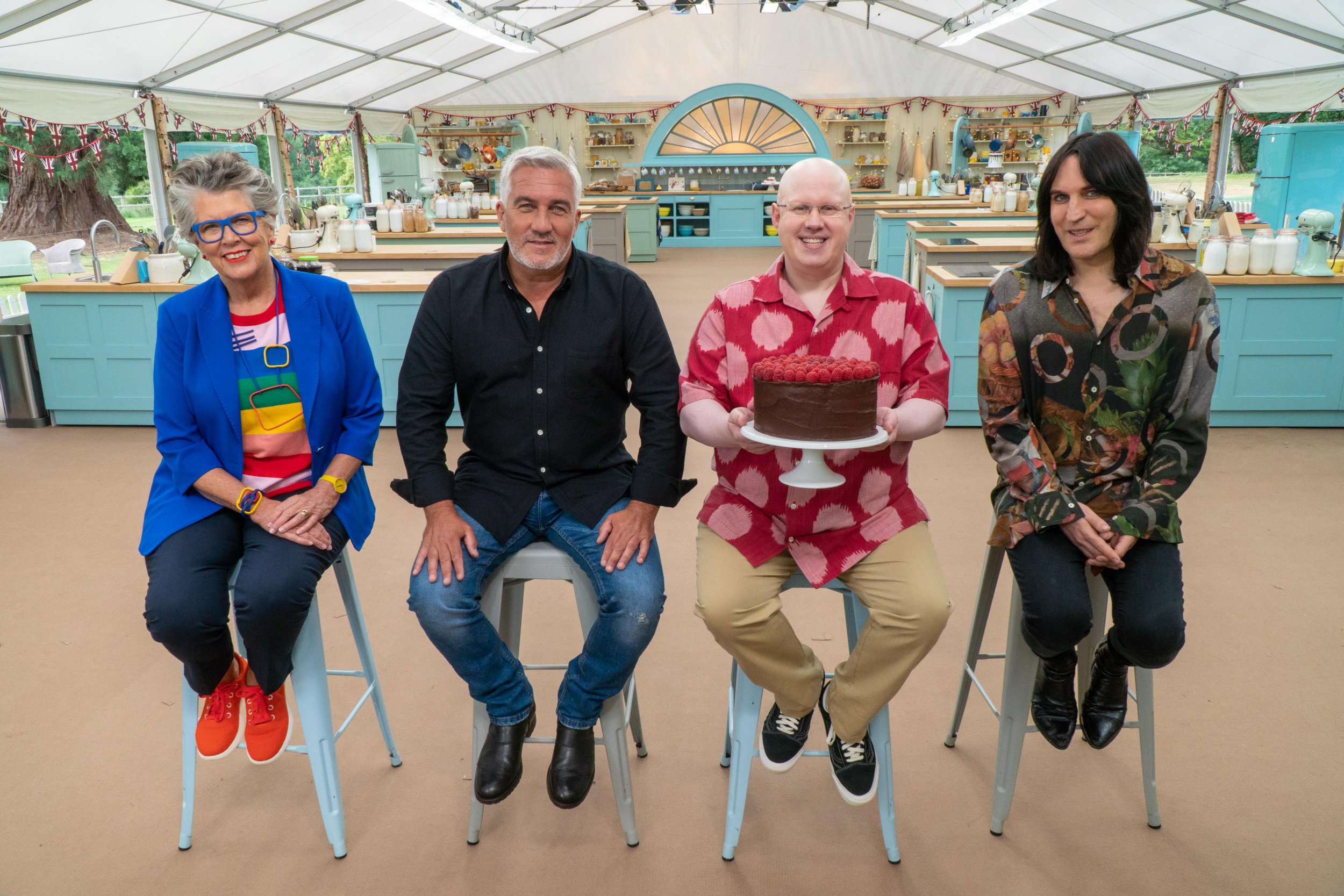
Channel 4 is set to be privatised and is expected to be put up for sale, it has been claimed.
, but the government has reportedly come to the decision to privatise the corporation.
According to reports, sources said the decision was taken to ensure that Channel 4 can secure long-term funding.
‘C4 is a great business with a strong brand built around it being creative, innovative and distinctive but a change of ownership will remove its straightjacket, giving C4 the freedom to innovate and grow so it can flourish and thrive long into the future and support the whole of the UK creative industries,’ a source told .
‘Ministers will seek to reinvest the proceeds of the sale. They want to use the cash resulting from the sale to spend on a “creative dividend” – putting money into independent production and levelling up wider creative skills in priority parts of the country.
‘C4 will remain a public service broadcaster – just like ITV is a privately-owned PSB – and we will ensure it continues to make an important social, economic and cultural contribution to the UK. Importantly, this will include an ongoing commitment to prime time news.’

A statement from Channel 4 on the move read: ‘With over 60,000 submissions to the Government’s public consultation, it is disappointing that today’s announcement has been made without formally recognising the significant public interest concerns which have been raised.
‘Channel 4 has engaged in good faith with the Government throughout the consultation process, demonstrating how it can continue to commission much-loved programmes from the independent sector across the UK that represent and celebrate every aspect of British life as well as increase its contribution to society, while maintaining ownership by the public.
‘Recently, Channel 4 presented DCMS with a real alternative to privatisation that would safeguard its future financial stability, allowing it to do significantly more for the British public, the creative industries and the economy, particularly outside London.
‘This is particularly important given that the organisation is only 2 years into a significant commitment to drive up its impact in the UK’s Nations and Regions.
‘Channel 4 remains legally committed to its unique public-service remit. The focus for the organisation will be on how we can ensure we deliver the remit to both our viewers and the British creative economy across the whole of the UK.

‘The proposal to privatise Channel 4 will require a lengthy legislative process and political debate. We will of course continue to engage with DCMS, Government and Parliament, and do everything we can to ensure that Channel 4 continues to play its unique part in Britain’s creative ecology and national life.’
Channel 4 was founded in 1982 to deliver content to under-served audiences.
The broadcaster is owned by the Government but, unlike the BBC, it receives funding from advertising.
Rob Delaney, It’s A Sin writer Russell T Davies, and The Thick Of It creator Armando Iannucci are among those who have voiced their opposition to the sale of the broadcaster.
Ian Katz, chief content officer at Channel 4, logic behind the potential move.
Speaking at the Edinburgh TV Festival last year, he said: ‘Pretty much to a man and woman, it feels like every producer has popped up and said that selling off Channel 4 would be tantamount to an act of self-harm against one of the most successful sectors of the British economy.
‘We should make no mistake that a purely profit-driven Channel 4 would be a very different beast to the Channel 4 that we know now, and much that is really special and treasured about Channel 4, I think, would very likely be lost.’
over the move on Twitter last June.
‘I am not in favour of the privatisation of C4,’ he said at the time. ‘I believe it would be a bad thing for the audiences and the sector in general.
‘C4 generates £1billion to the UK economy, and privatisation would put this at real risk.’
Metro.co.uk has contacted Channel 4 for a comment.




















